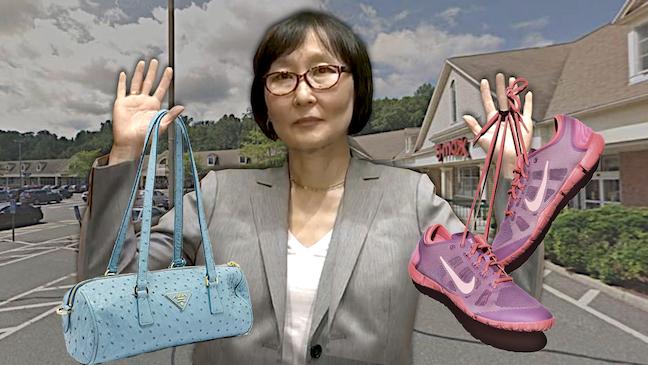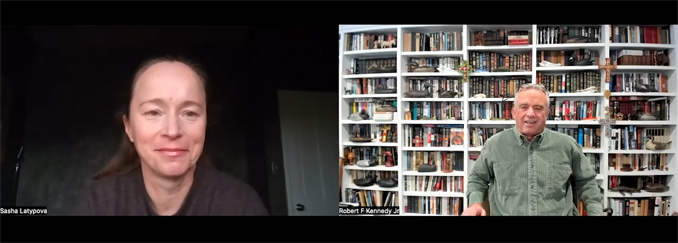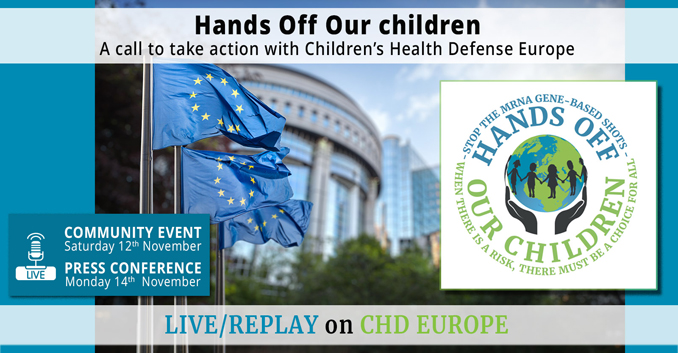[ Date]
To [ public officials] :
I previously wrote to you on [ date] to urge you to rescind your [ county- or city-level] “order to the public to stay at home in order to slow the further spread of COVID-19.” At that time, it was already apparent that the order to sequester citizens in their homes makes neither public health sense nor social and economic sense. In my view, statewide shelter-in-place orders do not exempt local public officials from being accountable and transparent to their constituents.
More and more evidence has emerged indicating that the ongoing lockdowns are unwarranted. On March 26, Dr. Anthony Fauci, along with CDC Director Robert Redfield and another CDC coauthor, wrote in The New England Journal of Medicine that “the case fatality rate may be considerably less than 1%” and that the clinical consequences of Covid-19 “may ultimately be more akin to those of a severe seasonal influenza (which has a case fatality rate of approximately 0.1%).” Many top scientists agree with this downsized assessment, arguing that lockdowns and social distancing measures are “disproportionate to the danger posed by the virus.”
As regards social distancing, a 2018 Royal Society publication pointed out that “moderate social distancing can worsen the disease outcome, both in the initial phase of an outbreak and the final epidemic size.” Canada’s Dr. Joel Kettner, who I mentioned in my last letter, emphasized that the evidence in favor of social distancing is “pretty weak.”
As regards lockdowns, Professor Johan Giesecke, public health advisor to the Swedish government and former Chief Scientist of the European Centre for Disease Prevention and Control, has denounced the policy as not being evidence-based, stating that the correct measure would be to protect the old and frail only. Two California physicians with decades of experience in public health and immunology agree, pointing out that it is historically unprecedented to sequester the healthy, when public health measures have always focused on quarantining the sick.
Numerous experts are warning that “Maintaining lockdowns for many months may have even worse consequences than an epidemic wave that runs an acute course,” stating that “even in the strongest economies, disruption of social life, travel, work and school education may have major adverse consequences.” Emphasizing this point, others state, “[I] t is imperative that we consider the impact on other areas of health and society. . . . We know that unemployment, for example, causes illness and even increased mortality. It can also drive people into suicide. Restricting freedom of movement is likely to have a further negative impact on public health.” Journalist (and former registered nurse) James Perloff has noted that even prior to the Covid-19 lockdowns, 49% of Americans were living paycheck to paycheck, and 52% were maxed out on their credit cards.
Nationwide, over 26 million are newly unemployed. People who lose their jobs will rapidly lose their ability to pay for mortages or rents, utilities and groceries, and many will eventually lose their health insurance, portending a tsunami of future homelessness, hunger, and health problems. Not mincing his words, journalist and political commentator Brit Hume describes the lockdowns as a “colossal public policy calamity.”
Here in [state] , some officials have begun to raise serious questions. [Cite officials, etc. who are raising questions about lockdown policies, quote those in favor of reopening. Provide state-level statistics on number who have filed for unemployment, number being served by food banks, suicide, other indicators of socioeconomic impact in the locality or state, etc.]
As a leading political scientist recently commented, “It should not be taboo to discuss these facts.” Examining the facts and the data, as Dr. Dan Erickson and Dr. Artin Massihi (owners of Accelerated Urgent Care in Kern County, CA) did on April 22, shows that it is both essential and reasonable to question current lockdown policies. In the state of South Dakota, which has not shut down, there have been only nine deaths. South Dakota’s governor was willing to push back against a “one-size-fits-all approach,” reporting a concern with “leaders who take too much power in a time of crisis.”
As public officials, you are required to understand and communicate the pro forma impact of your decisions. You cannot put restrictions in place to lower Covid-19 deaths without considering the hardships and deaths caused by your restrictions–especially now that the predictive models have turned out to be false and with evidence from other states and countries showing the success of less restrictive approaches.
With this letter, I again request:
Your estimates on the costs of the economic restrictions, for each week that the restrictions continue–including the loss of citizen income, the loss of local/state revenues and assets, and the associated sickness and loss of life.
Information about your plans to ensure that [city/county] has a continuing food supply over the next two years, particularly since your actions have the potential to contribute to supply chain collapses. What are you and the state doing to protect our vitally important local farmers and food supply chains?
In M. Scott Peck’s 1983 book, People of the Lie, Peck comments that within groups, it is “easy for the individual to pass the moral buck to some other part of the group,” with the result that “the conscience of the group as a whole can become so fragmented and diluted as to be nonexistent.” Peck also makes the point that attitudes can acquire “a kind of inertia” that makes it difficult to acknowledge that “what we thought was right all along may not be right after all,” even in the face of substantial evidence. I urge you who are elected to serve and protect to search your consciences and evaluate the full range of evidence now available to you. I also remind you of the importance of being guided by ethical principles such as “the precautionary principle, the least restrictive option, fairness, and transparency in decision making.”
Sincerely,
PDF Copy:
Second Letter to Public Officials Regarding Stay-at-Home Orders April 2020
Related Reading:
Template for 1st Letter to Public Officials Regarding Stay-at-Home Orders March 2020
Private: We have a voice – write to your State/Local officials








